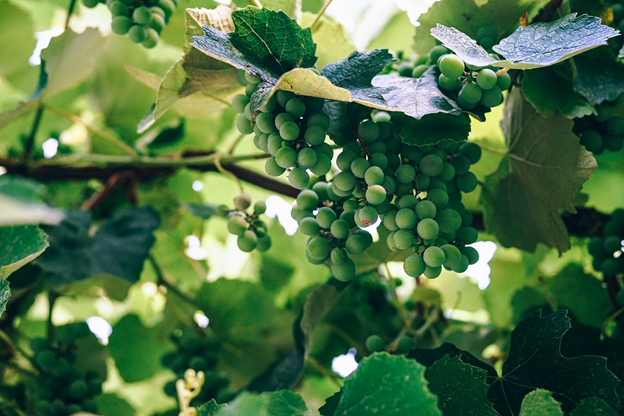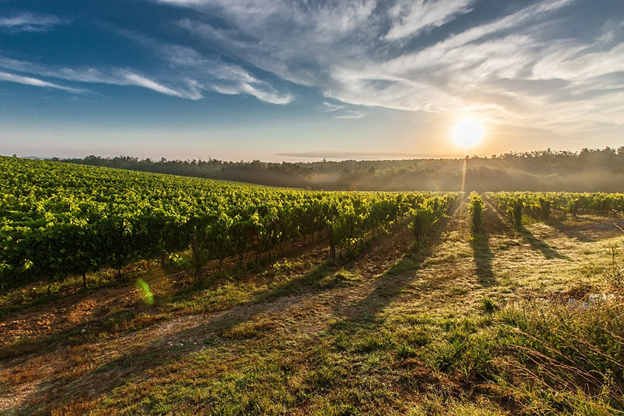


Sonoma County Winegrowers made buzz in 2020 with their Climate Adaptation Certification program, a flagship program that uses local solutions to reduce greenhouse emissions in Sonoma vineyards. This program is one of many sustainable certifications that have popped up in recent years. These certifications vary widely; they may replace or supplement organic certifications, offer region-specific requirements or mandate something else entirely.
Sustainable certifications are not managed by the USDA like organic products are. As a result, these certifications can offer more flexibility to growers that need it. Alyson Pulford, Suterra's Central Coast and Southern CA Sales Manager, was interviewed about her perspective on regional sustainable certifications.

Organic certification has definitely helped encourage farmers to transition to more sustainable forms of farming. Consumers are attracted to organic foods for both environmental and health reasons- and are willing to pay more for it. For many growers, selling their harvest with an organic label alone is worth making permanent changes to the way their farms are run.
However, the organic label isn’t infallible, explains Alyson Pulford, a sales manager for Suterra. The USDA allows only a limited list of approved substances, and getting new products approved can be a lengthy and expensive process. Researchers often move faster than legislators can, which means that innovative new products may not be eligible for organic use for years after their creation.
In addition, the inflexibility of the organic label’s requirements can be off-putting for growers that may need to ‘break the rules’ in limited instances. For example, outbreaks of pests like the vine mealybug can irreparably damage both crops and their host plants. If a slow-growing plant such as a citrus tree or grapevine is taken out, a grower will have to spend years regrowing a new plant to its fruiting stage.
In such a case, the grower may have to use non-organic pesticides to save their crops, even if they intend to use authorized organic management techniques in the long-term. Even a one-time usage of emergency pesticides done within the framework of sustainable IPM can strip a farmer of their organic certification, which can take several years to earn back.
All in all, just because a grower is not organically certified does not mean that they aren’t committed to sustainable farming. For this reason, guilds of growers around the planet have come together to create third-party sustainable certifications.

Sustainable certifications offer alternative labels for growers who want to show that their product is environmentally friendly but can’t or don’t want to be certified organic. Since third-party sustainable certifications are self-regulating, they can set their own standards for participating growers.
Some have similar requirements to the organic certification with a bit more flexibility for situations like the above example. Others are made to ensure that companies are meeting a specific goal, like protecting the rainforest or operating carbon-neutrally. Some certifications, such as the SIP certification for California wine growers, don’t think that organic certification does enough and hold certified growers to an even higher standard.
Most agricultural sustainable certifications are region- and product-specific, and are managed by growers. As a result, these certifications can offer more realistic requirements for participants. For example, the California Sustainable Winegrowing Program is run by and for wine growers who understand the crop, climate and surrounding community.
Sustainable certifications are lauded as one of the most successful examples of a self-regulating market. As with any third-party label, though, some certifications are more lax than others. Growers and consumers alike should research the requirements of common certifications in their area and decide what matters to them the most in a product.
For further reading:
The Small Business Guide to Sustainability Certifications
Suterra Continues to Invest in the California Ag Industry
Better than Organic: Sustainability in Wine